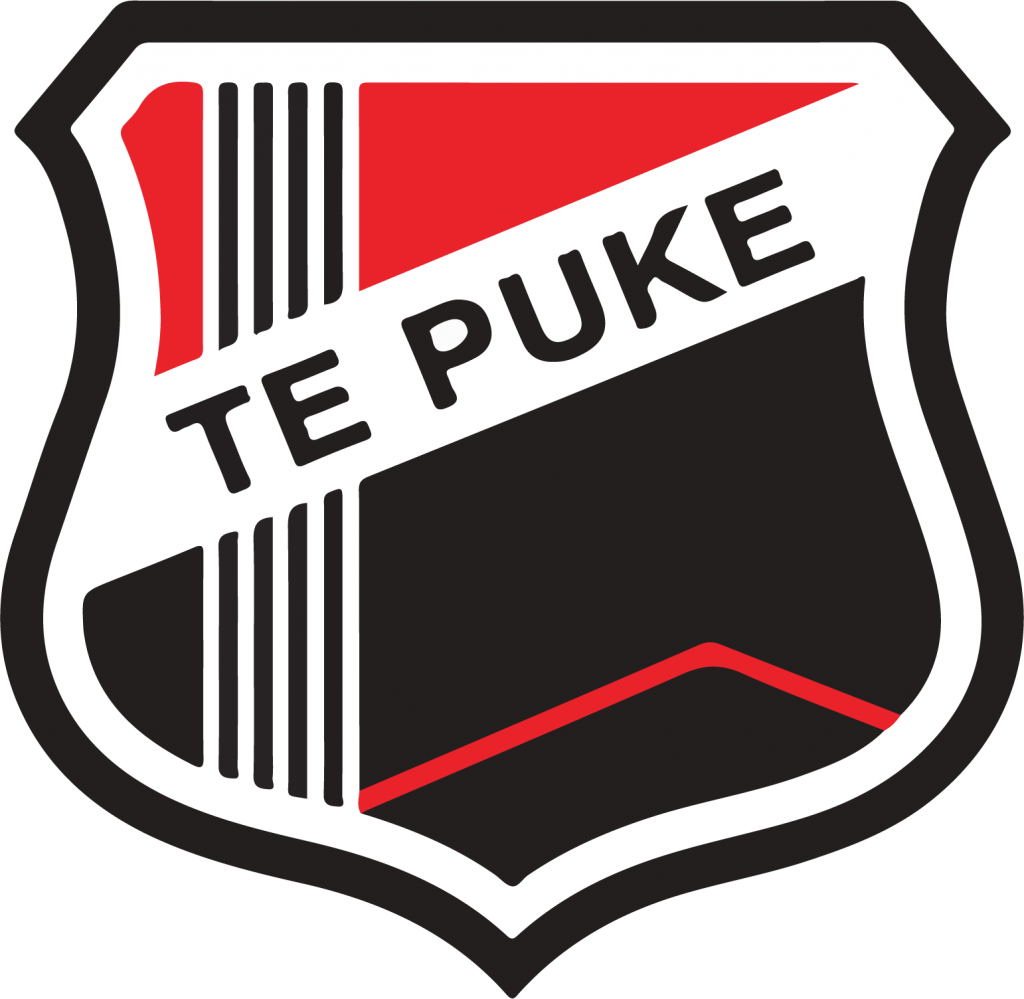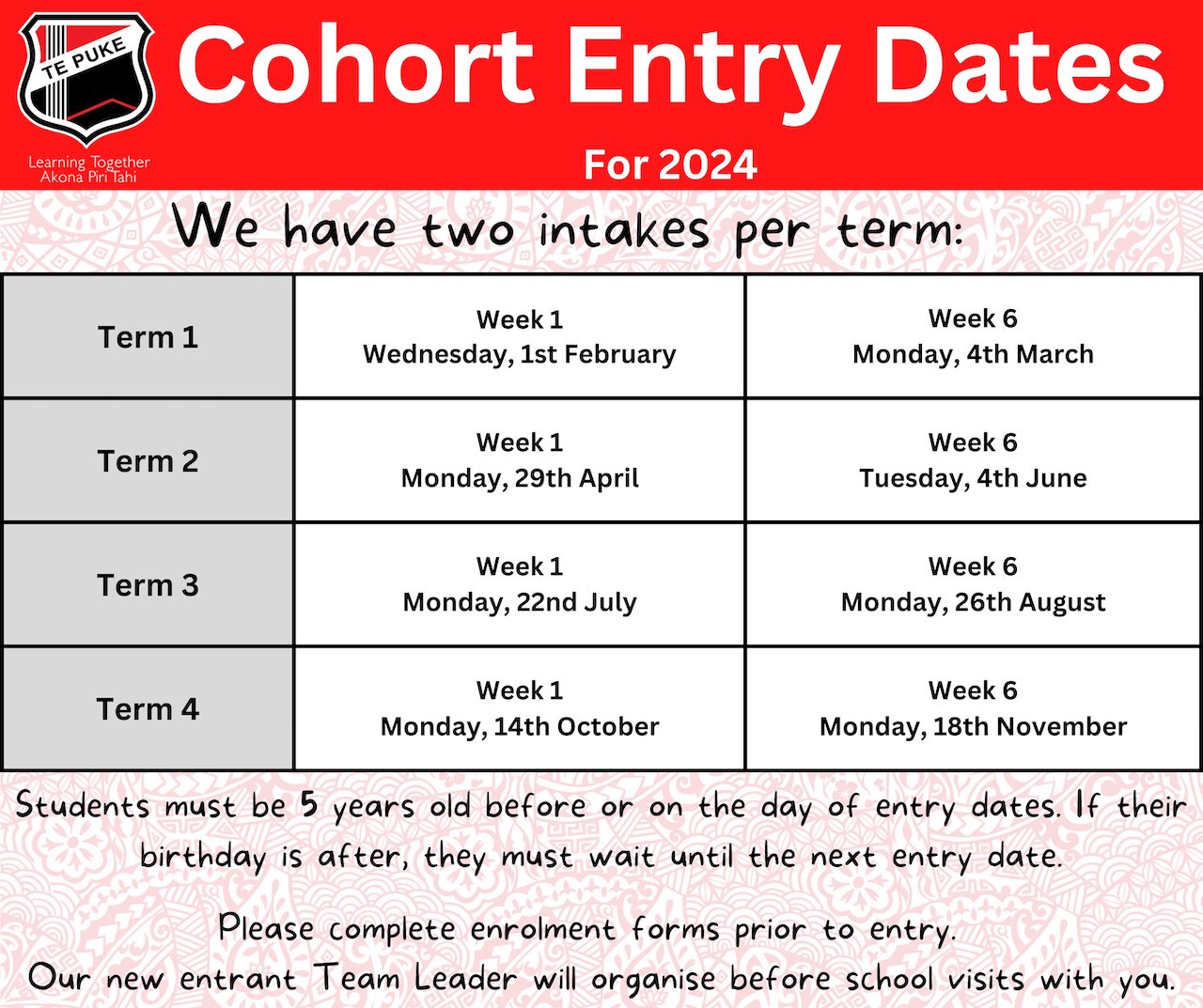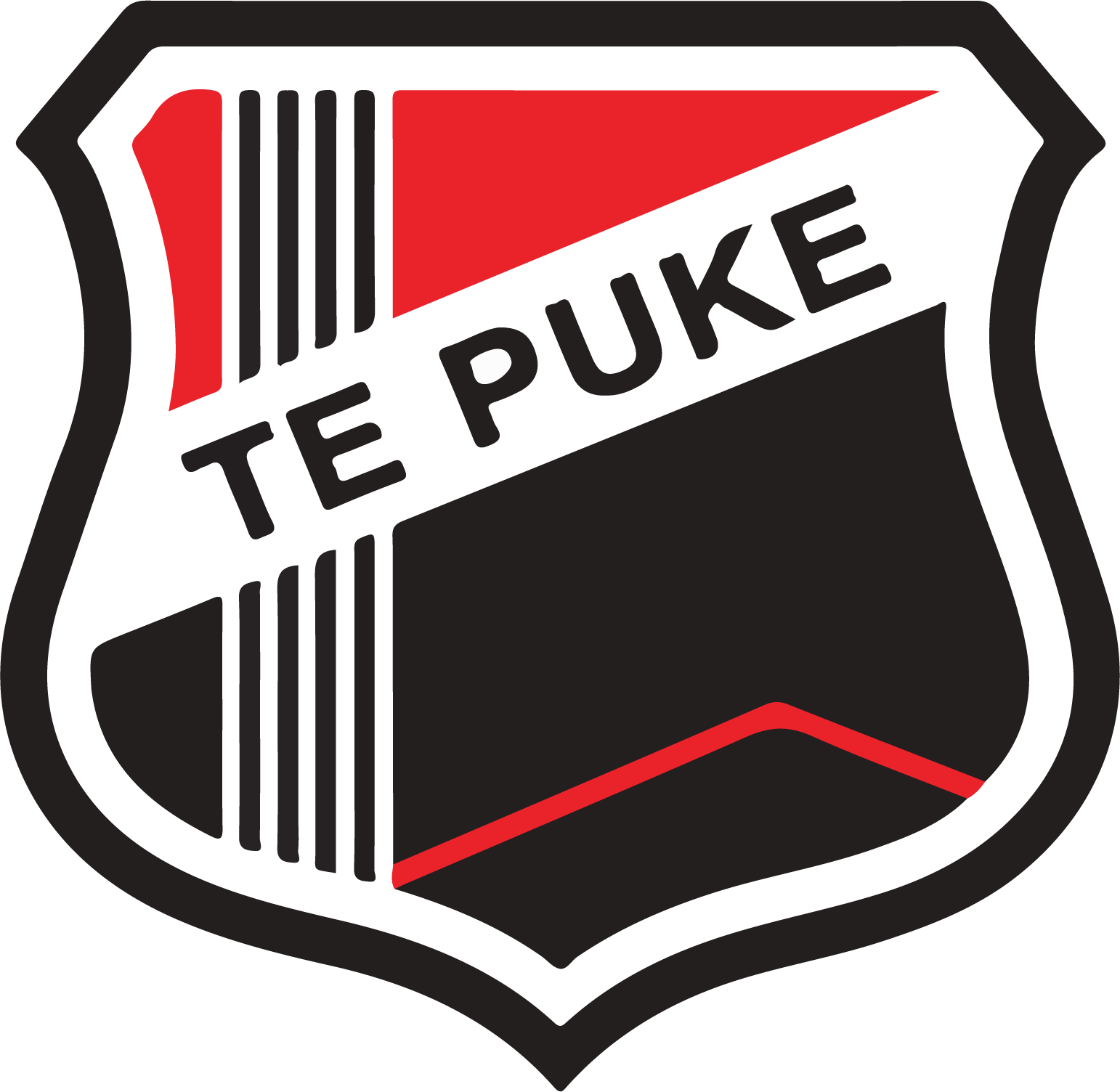At Te Puke Primary we are deeply committed to ensuring children have the best possible start to school life, and experience a positive transition from Early Childhood Education.
The early years at school are so important and for this reason, we use a cohort entry approach.
We look forward to being part of your child’s journey!
What is cohort entry?
Cohort entry is when new entrant children start school in groups through the year rather than on their fifth birthday. The Ministry of Education and Education Review Office are encouraging schools to take this approach.
How does cohort entry work?
New entrants start school in cohorts but only after they have turned five.
There are two entry points per term, one on the first day of term, and one at a mid-point during a term (usually the Monday of the 6th week).
What are the 2024 Cohort Entry Dates?
Pre-visits and parent information sessions will be scheduled prior to a child starting and we encourage attendance at these. Our friendly Curious Kiwis Team Leader will confirm these pre-visit dates and times.
What are the benefits of Cohort Entry?
In short, cohort entry helps children settle into school life and routines better.
The Education Review Office found the following benefits of Cohort Entry:
- Supports the emotional well-being of young children as they start school in groups, sometimes with friends from early learning. For some children, this meant they felt like they belonged at school, were less anxious, and settled quickly into school routines.
- Supports learning for new children as teachers can teach without the constant interruption of new students arriving at any time during the year.
- Helps whānau connect with other whānau and the school as school visits and activities can be scheduled so parents can come together in groups.
- Helps schools to plan children’s transitions from early childhood to school, making the experience better for children and whānau.
Interestingly NZ is the only OECD country that allows new entrants to begin school on any day of the week.
My child turns 5 the day after a cohort entry date, can they begin a day earlier with the cohort?
Unfortunately not. Children in New Zealand can’t start school until they are 5 years old.
Will this affect my ECE funding (20 free hours)?
No, Children can remain at their ECE until the cohort entry date after their fifth birthday and they will continue to receive funding to attend ECE until they start school.
It is important to communicate with your early learning service so they know the school enrolment date. Please refer to the cohort entry dates.
Will my child start as a Year 1 or Year 0?
Children enrolling during the first half of the year are considered Year One students.
Children enrolling from 1st July onwards are Year Zero for the remainder of the year and become Year One students the following year.
How can I best prepare my child for school?
Our new entrant teachers are warm & friendly and our school is a supportive and welcoming environment. Although it can feel daunting sending your child off to school, there are some things you can do to help with the transition.
There is no set list of what a child should be able to do when they start school, but supporting your child to develop social/emotional and self-management skills is one of the best things you can do to help:
Social and Emotional Skills
Treating themselves and others with care – using good manners – taking turns/sharing/waiting – listening to others, speaking respectfully – confidence to have a go/try something new.
Self-Management/Personal Independence
Tidying up after themselves – taking responsibility for their belongings – carrying their own school bag (start when they are at pre-school) – opening lunch-boxes/food packets by themselves – using the toilet properly, blowing own nose – dressing themselves, putting shoes on/taking shoes off.




